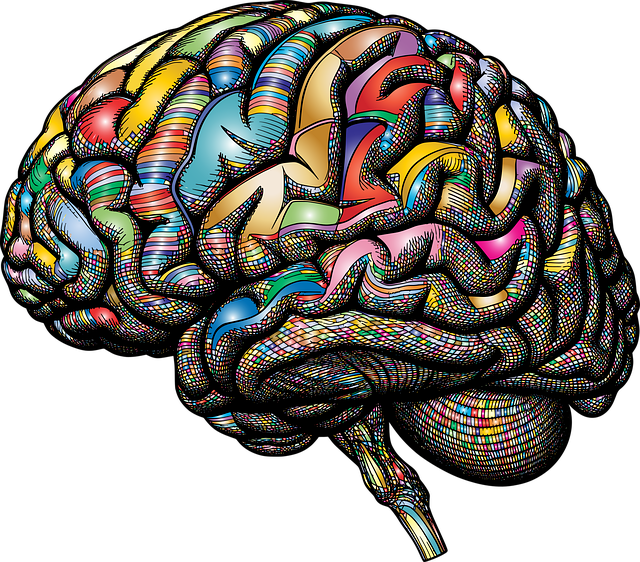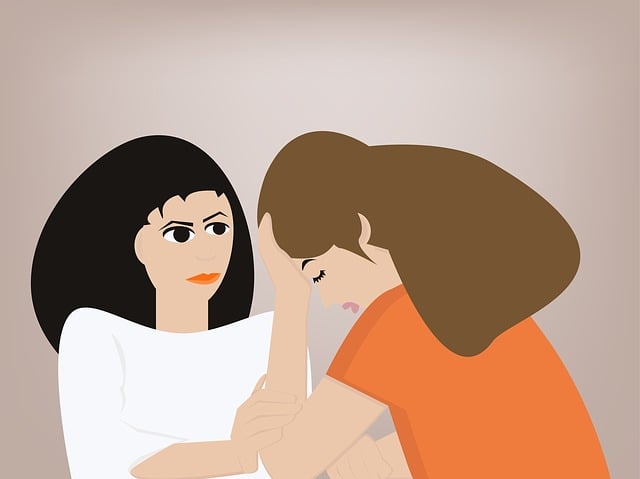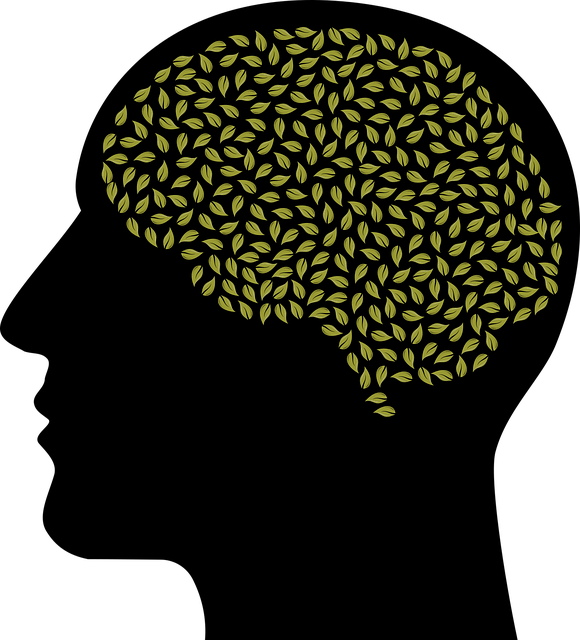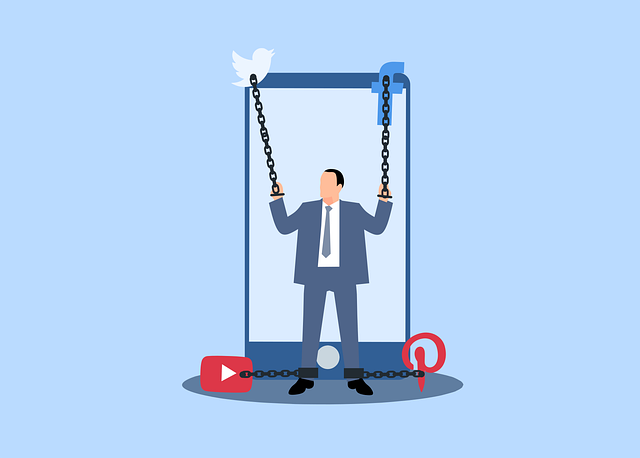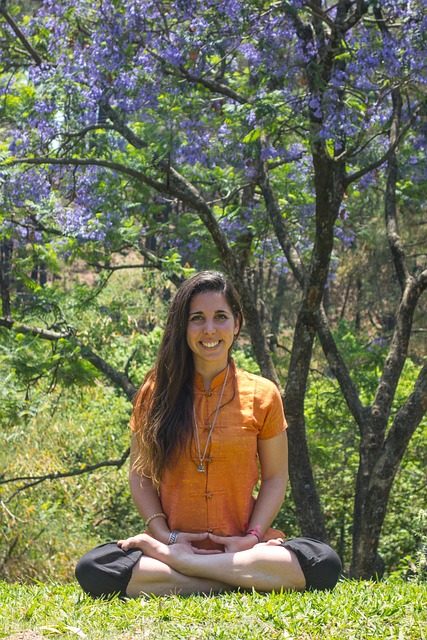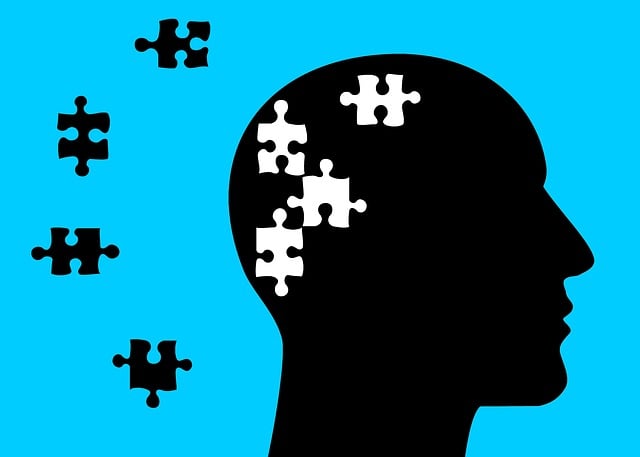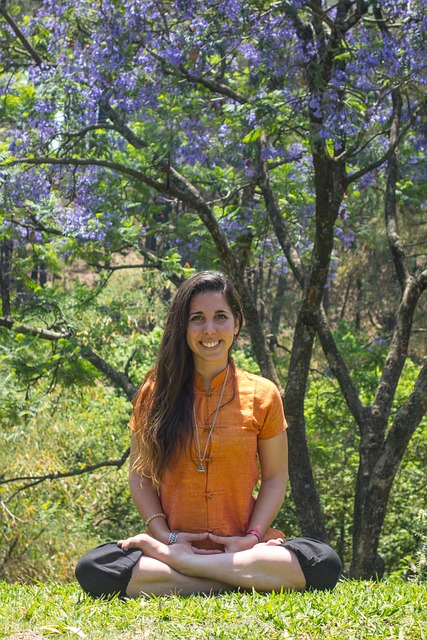Aurora Bilingual Therapy leverages the RFM (Recovery, Flexibility, Mastery) framework, a holistic approach combining therapy and community outreach, to build resilience and empower individuals in managing life's challenges. Their innovative bilingual techniques, integrated with mindfulness practices, help participants develop adaptive coping mechanisms, reduce mental illness stigma, and foster inclusive communities. By extending services beyond traditional settings and promoting open dialogue, Aurora Bilingual Therapy enhances emotional intelligence and strengthens relationships within diverse populations.
“Discover the transformative power of Resistance and Failure Management (RFM) exercises in building resilience, especially through the innovative lens of the Aurora Bilingual Therapy Approach. This article explores how RFM, a structured method, can enhance mental fortitude. We delve into its impact on individuals’ ability to navigate challenges, drawing from the unique perspective of Aurora’s bilingual therapy technique. By implementing these exercises, we aim to highlight both the benefits and potential challenges, offering insights for effective resilience training.”
- Understanding RFM and Its Impact on Resilience Building
- The Aurora Bilingual Therapy Approach: A Unique Perspective
- Implementing Resistance and Failure Management (RFM) Exercises
- Benefits and Potential Challenges in RFM Adoption for Resilience Training
Understanding RFM and Its Impact on Resilience Building

Resilience is a vital component of mental wellness, enabling individuals to navigate life’s challenges and adapt to change. This is where RFM (Recovery, Flexibility, and Mastery) comes into play as a powerful framework for building resilience. Aurora Bilingual Therapy recognizes the importance of these principles in fostering emotional healing processes within their community outreach program implementation.
The RFM model offers a structured approach to enhancing mental wellness, focusing on recovery from past traumas or setbacks, promoting flexibility in the face of adversity, and instilling a sense of mastery over one’s life. Through various exercises and therapeutic practices, individuals can learn to adapt and bounce back from difficult situations, ensuring they emerge stronger and more resilient. This holistic method is exemplified in Aurora Bilingual Therapy’s Mental Wellness Podcast Series Production, where they delve into the emotional healing processes, providing valuable insights and strategies for a thriving community.
The Aurora Bilingual Therapy Approach: A Unique Perspective

The Aurora Bilingual Therapy Approach offers a unique perspective on resilience building within communities. This innovative therapy utilizes language as a powerful tool to enhance emotional well-being and foster strong support networks. By combining bilingual techniques with a holistic understanding of human behavior, this approach aims to empower individuals to navigate life’s challenges effectively. The method encourages active participation, where clients engage in therapeutic conversations that promote positive thinking and strengthen communication strategies.
Through its Community Outreach Program Implementation, Aurora Bilingual Therapy extends its services beyond traditional settings, reaching diverse populations. This inclusive practice not only addresses individual needs but also builds a resilient community fabric by encouraging open dialogue and understanding. By integrating various communication strategies, the therapy ensures that every member of the community feels supported and equipped to handle life’s curveballs, ultimately leading to a more robust and cohesive society.
Implementing Resistance and Failure Management (RFM) Exercises

Implementing Resistance and Failure Management (RFM) exercises is a game-changer in mental health support, especially for bilingual communities like those served by Aurora Bilingual Therapy. These exercises are designed to strengthen individuals’ resilience, enabling them to navigate life’s challenges with greater equanimity. By exposing participants to simulated failures and teaching effective coping strategies, RFM empowers people to reframe setbacks as opportunities for growth. This approach aligns perfectly with the goal of Mental Health Education Programs Design, which aim to equip individuals with tools to manage their mental well-being proactively.
At Aurora Bilingual Therapy, Empathy Building Strategies are integrated into RFM sessions to foster a supportive environment where participants feel understood and valued. This inclusive practice is crucial in reducing the impact of Mental Illness Stigma Reduction Efforts, creating a safe space for open discussions about failures and setbacks. Through these exercises, individuals learn to embrace vulnerabilities as part of the human experience, leading to enhanced emotional intelligence and improved relationships with themselves and others.
Benefits and Potential Challenges in RFM Adoption for Resilience Training

The implementation of RFM (Resilience, Flexibility, and Mindfulness) exercises in training programs offers a multitude of benefits for individuals aiming to enhance their mental resilience. Aurora Bilingual Therapy recognizes the power of these practices in fostering emotional well-being, particularly in mitigating the effects of stress and trauma. By integrating mindfulness meditation techniques into resilience building exercises, participants can develop effective coping strategies and improve overall psychological flexibility. This approach is especially beneficial for those seeking to overcome mental illness stigma and promote positive mental health within diverse communities.
However, challenges may arise when adopting RFM models in training settings. For instance, ensuring adequate time allocation for such practices within already packed curricula can be demanding. Additionally, tailoring these exercises to cater to different cultural backgrounds and personal preferences is crucial. Despite these potential hurdles, the long-term gains from successful implementation far outweigh the difficulties. Effective resilience building through RFM has been linked to improved emotional regulation, enhanced coping abilities, and a greater sense of calm in individuals facing various stressors, ultimately contributing to more inclusive and supportive communities.
The implementation of Resistance and Failure Management (RFM) exercises, as showcased by the innovative Aurora Bilingual Therapy approach, offers a compelling method for enhancing resilience. By combining physical training with linguistic skills development, this strategy not only builds strength and perseverance but also fosters a sense of accomplishment. While adopting RFM practices in resilience training may present challenges, the benefits are substantial, promoting mental fortitude and adaptability. Embracing such holistic approaches can revolutionize how we prepare individuals to navigate life’s challenges head-on.
